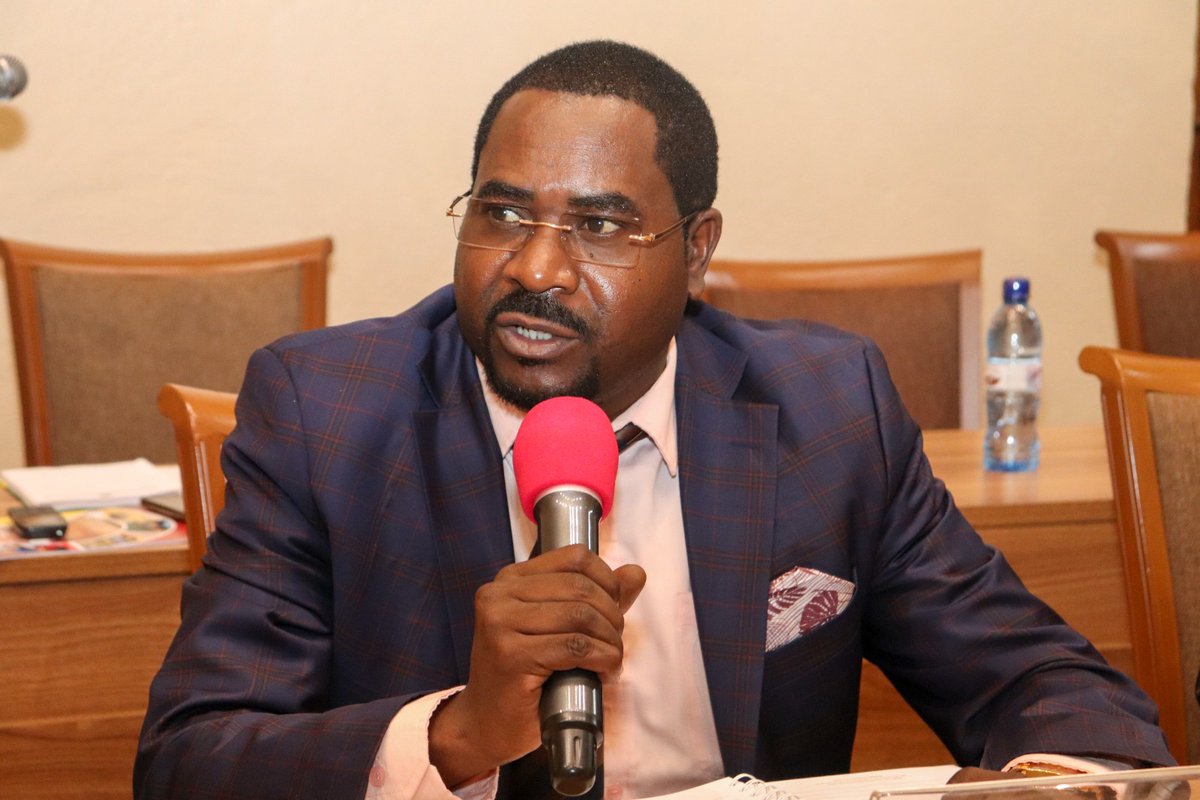From time immemorial, teachers have been shaping the education landscape in Kenya, guiding generations of learners, mentoring colleagues, and ensuring that schools function not just as centers of learning but as pillars of community development. In January 2022, the Ministry of Education and the Teachers Service Commission (TSC) issued a directive barring teachers and education officers from serving on school boards. The stated purpose was to prevent conflicts of interest and safeguard the integrity of school governance, particularly in areas such as staffing, budgeting, and infrastructure management. While the intention may be well-meaning, this policy raises serious questions about fairness, effectiveness, and the long-term impact on Kenya’s schools.
Teachers are not merely implementers of policy; they are frontline practitioners who interact with students every day, manage curricula, and oversee classroom operations. Their experience gives them unique insight into the daily challenges that schools face, from student behavior and learning gaps to infrastructure deficiencies and resource allocation issues. Excluding teachers from boards removes this critical perspective, leaving decision-making in the hands of individuals who may lack firsthand understanding of the school environment. The result is that boards may adopt policies that are theoretically sound but impractical in the classroom, ultimately affecting both teaching quality and student outcomes.
It is also important to recognize that teachers from other schools can play a vital role on boards. Their external perspective allows them to bring best practices, innovative approaches, and lessons learned from different school contexts. They can anticipate potential challenges, offer practical solutions, and provide guidance without the conflicts of interest that the policy seeks to prevent. Such involvement enhances the board’s capacity to make decisions that are not only strategic but also grounded in real-world experience, bridging the gap between governance and classroom realities.
ALSO READ:
Bondo NG-CDF injects Sh26 million to fuel learning for 15,000 day scholars
Moreover, teachers have a deeply personal and professional stake in the success of schools. Their careers, professional growth, and reputation are closely tied to the quality of education delivered, making them naturally invested in improving learning outcomes and maintaining high standards. Excluding teachers reduces their ability to advocate for practical solutions and diminishes the representation of staff interests in decision-making. School boards are intended to serve as a microcosm of the entire school community, balancing the needs of students, parents, and staff. When teachers are excluded, this balance is disrupted, and boards risk making decisions that favor external stakeholders while ignoring the needs of those who work directly with learners.
Globally, inclusive and participatory governance is recognized as best practice in education. Successful schools and districts consistently involve teachers, parents, and community members in decision-making processes, ensuring that policies are informed, practical, and responsive to the needs of students. Excluding teachers contradicts this principle, weakening the connection between school management and the classroom, and reducing the effectiveness of governance structures. While preventing conflicts of interest is a valid concern, a blanket exclusion of teachers overlooks the unique value they bring as experts, advocates, and stakeholders.
Beyond their expertise, teachers also serve as ethical anchors in school governance. Many teachers are deeply committed to safeguarding the welfare of learners, promoting child rights, and fostering an inclusive learning environment. Their presence on boards ensures that issues such as student safety, equitable access to education, and protection from abuse are given the attention they deserve. When teachers are silenced, these perspectives are often underrepresented, potentially compromising the well-being of the students themselves.
ALSO READ:
Narok County transfers culture functions to tourism department to boost heritage services
Ultimately, including teachers on boards — whether from the same school or from another institution — strengthens transparency, accountability, and effectiveness. Teachers provide practical knowledge, professional judgment, and ethical guidance that complement the skills of other board members. Their participation ensures that decisions are informed, balanced, and rooted in the realities of teaching and learning. By excluding them, we risk creating boards that are disconnected, less responsive, and less capable of advancing the core mission of education: preparing learners to thrive academically, socially, and morally.
Kenya’s schools deserve governance structures that are inclusive, participatory, and accountable. Teachers are not a threat to objectivity; they are a source of insight, expertise, and advocacy that can make boards stronger and more effective. To achieve real progress in education, we must ensure that the voices of those who live and breathe the classroom every day are heard, respected, and included. Only then can we create schools that are truly responsive to the needs of learners and communities and capable of delivering quality education for all.
By Hillary Muhalya
You can also follow our social media pages on Twitter: Education News KE and Facebook: Education News Newspaper for timely updates.
>>> Click here to stay up-to-date with trending regional stories
>>> Click here to read more informed opinions on the country’s education landscape






